Prostatitis is a common disease in men. Young people aged 20-50 are at risk. From the moment you start an active sex life, your risk of developing prostatitis increases. After all, one of the causes of prostatitis is sexually transmitted diseases, infections of the genitourinary system. Prostatitis is inflammation of the prostate gland. This disease requires immediate treatment. This is because inflammation has often been diagnosed as an acute form. In addition, prostatitis can bring many complications and unpleasant consequences. Therefore, it is very important to choose the most effective drug for the treatment of prostatitis. This can only be done by a doctor after an examination.
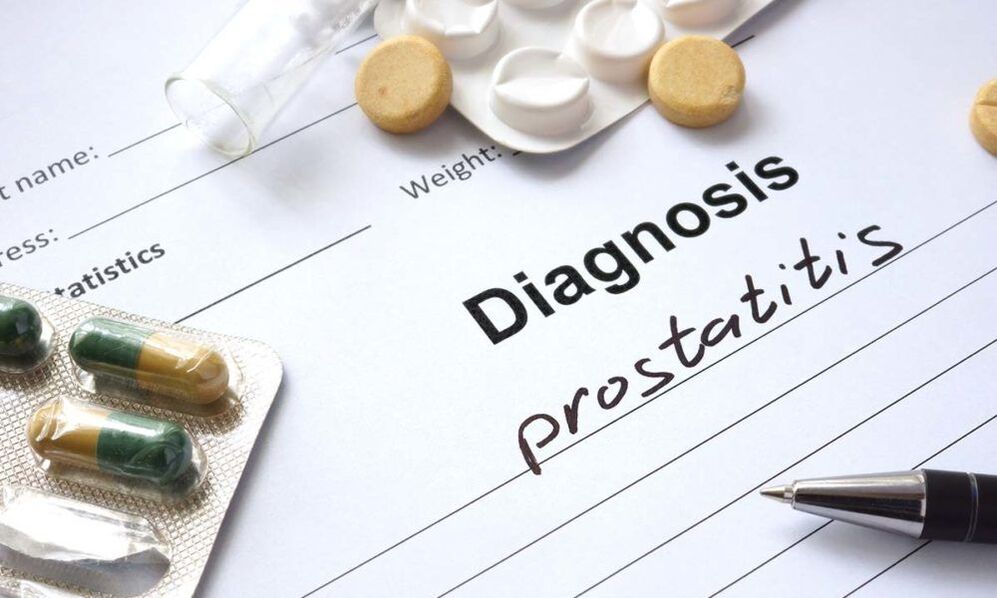
Prostatitis - what is it?
As mentioned earlier, prostatitis is an inflammatory process of the prostate. The catheter and urethra can also become inflamed. If left untreated, complications can occur, including prostate cancer, adenomas, impotence, infertility, and urethral strictures. With such complications, it is nearly impossible to restore the full function of the prostate.
Bacterial prostatitis often occurs. It is caused by many bacteria that can be transmitted sexually. Therefore, in order to keep your male healthy, you need to avoid promiscuity. Bacterial inflammation of the prostate can also occur in the context of hypothermia, other infectious and viral diseases.
Nonbacterial prostatitis is also frequently diagnosed. The cause of this inflammation may be the following factors:
- stasis of the pelvic organs;
- Capillary stasis;
- Immunocompromised;
- Nervousness;
- Congenital abnormalities of pelvic organ development;
- sedentary lifestyle, sedentary work;
- lack of moderate physical activity;
- lift weights regularly
- hormone imbalance;
- Pelvic organ damage.
It is worth noting that prompt treatment can guarantee a full recovery of the patient. If prostatitis has been detected during an active stage of development, the disease is at risk of becoming chronic. Therefore, every man should be aware of the first manifestations of prostate inflammation. Therefore, it is worth noting the urge to go to the toilet frequently. If a young man goes to the toilet more than twice at night, you can suspect a prostatitis flare-up. In this condition, urination is painful and intermittent. And the bladder is not completely emptied.
The inflammatory process of the prostate is always accompanied by pain. The pain extends to the perineum, testicles, anus, rectum, back, legs, lower back, lower abdomen. Pain is sometimes present during bowel movements. Few patients complain of chills and fever. But this works too. In this regard, men become more fatigued and irritable.
Prostate inflammation adversely affects male potency. Because the ducts are blocked, the ducts are narrowed, and the testicles don't produce enough sperm. Also, over time, the potency decreases and the erection becomes insufficient. A sign of prostatitis may be premature ejaculation, or no, no orgasm at all.
What are the treatments for prostatitis?
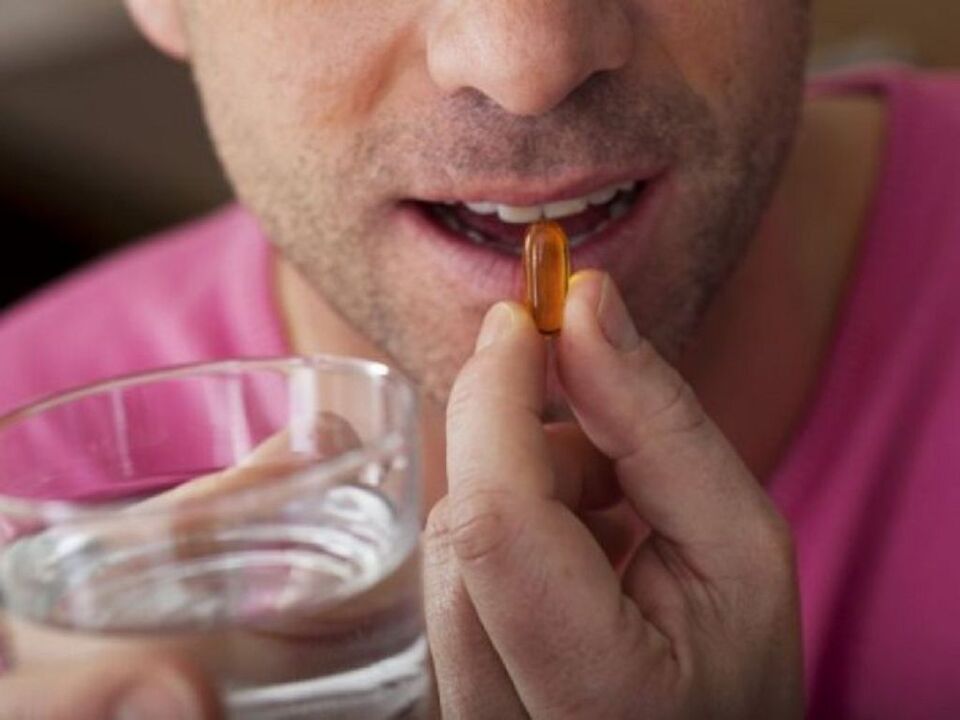
The choice of prostatitis treatment also means the right choice of medication. Depending on the severity of the disease process, its stage and form, different drugs are chosen. Therefore, prostate inflammation can take many forms: bacterial, acute, nonbacterial, chronic, asymptomatic. For example, acute and chronic prostatitis are treated with completely different drugs.
Diagnosis plays an important role in drug selection. Only after getting the results can doctors prescribe the most effective drugs for prostatitis. In any form of disease, the speed of action of the pills is different. They were all assigned anyway. Such drugs can be natural, antibiotics, pain relievers, anti-inflammatory drugs. These drugs have a wide range of effects. This group of drugs can be divided into the following categories: fluoroquinolones, penicillins, tetracyclines.
Other therapies include:
- Candle. Rectal suppositories are analgesic and antibacterial.
- injection. The drug penetrates into the body very quickly, thereby rapidly stimulating the work of blood vessels and the immune system.
- instill. The drug is injected directly into the prostate through the urethra.
- Microperfusion. Various medicines are available in the form of decoctions and herbal infusions.
In order to recover quickly, it is customary to perform complex treatments. Therefore, it is customary to use these drugs simultaneously for the treatment of prostatitis: tablets, suppositories, injections. After recovery, men are advised to boost their immunity. In addition, in addition to drug treatment, urologists also recommend physical therapy, prostate massage. Such an operation will quickly eliminate prostate stagnation in men and improve blood circulation to the prostate.
Prostatitis antibiotics
These drugs are always prescribed in cases of bacterial prostatitis. First, identify the type of bacteria that causes the disease. Be sure to perform bacterial cultures to determine the resistance of microorganisms to antibiotics. After all, prostatitis can continue to develop if the drug is not prescribed correctly. Today, fluoroquinolones are very popular and very effective. These drugs are used to treat chronic prostatitis.
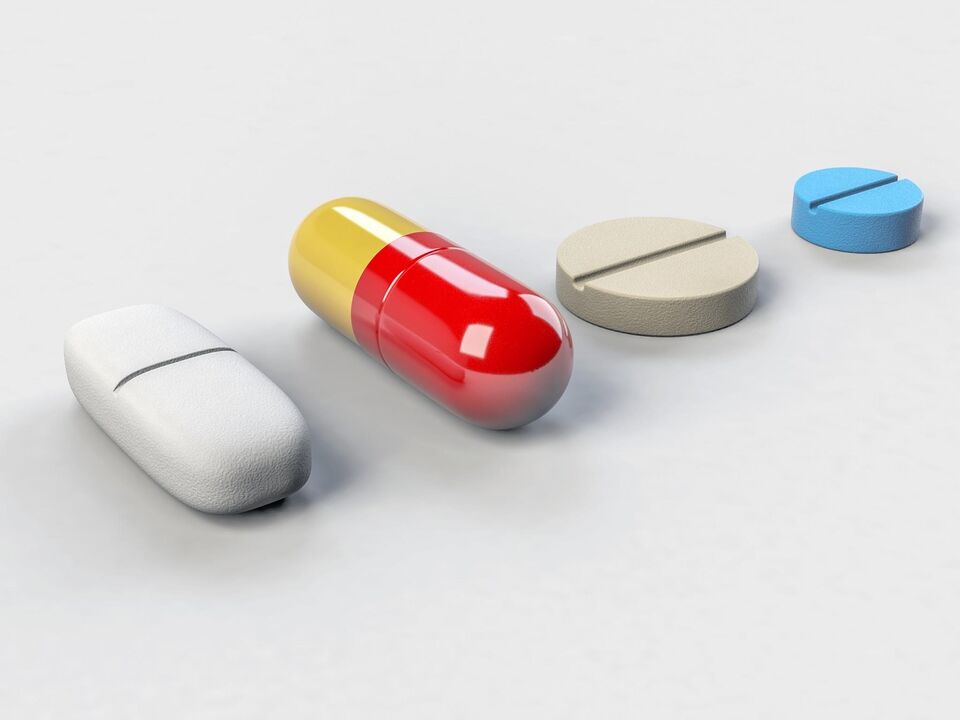
Tetracyclines are less and less used to treat the prostate. This is because such drugs are poorly tolerated by the body and can cause disease in other systems and organs. Penicillin group preparations are widely used. They have good antibacterial properties.
Prostatitis pain reliever
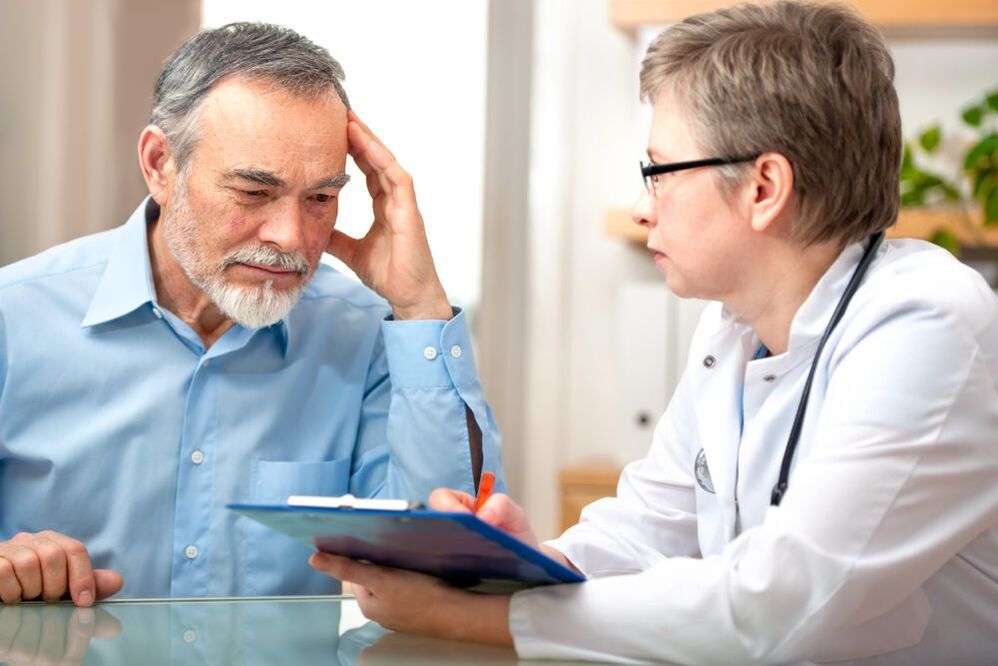
Painkillers work for any form of prostatitis. They will help stop the pain syndrome in the shortest possible time and relieve the patient's condition. In the case of chronic prostatitis, such drugs are required. Pain relievers can quickly relieve discomfort in the scrotum, perineum, and testicles with repeated relapses. Urinating becomes painless.
To eliminate the pain syndrome, rectal suppositories are most commonly prescribed. This is because candles have a quick, immediate effect on the prostate. When injected into the rectum, the suppository dissolves immediately and the active substance is rapidly absorbed into the bloodstream throughout the body. Therefore, the pain has been significantly reduced 5-10 minutes after the injection. Proper medication is very important. The man should be in a prone position and not get up for at least half an hour after the introduction. During this time, the drug will dissolve completely and begin to exert its analgesic effects.
Anesthetic suppositories are very popular and very effective in the treatment of prostatitis.
As for pain relievers, they are not that popular among specialists. But, but men prefer them. There is no difference in their speed. In order for this drug to start working, it is necessary to complete the entire course of treatment. Pain relief only 30-40 minutes after use. Under the influence of such drugs, smooth muscle relaxation is observed, which eliminates spasms and pain.
Herbs for Prostatitis
Modern treatments for prostatitis in men include the use of herbal remedies. The composition of this preparation includes only herbal ingredients. These drugs have no side effects. But among the contraindications, it is worth noting that only the individual intolerance to the individual components of the remedy. Prostate treatment with herbal remedies takes a little longer than synthetic drugs. After all, substances are needed to accumulate in the body. However, there will definitely be positive results.
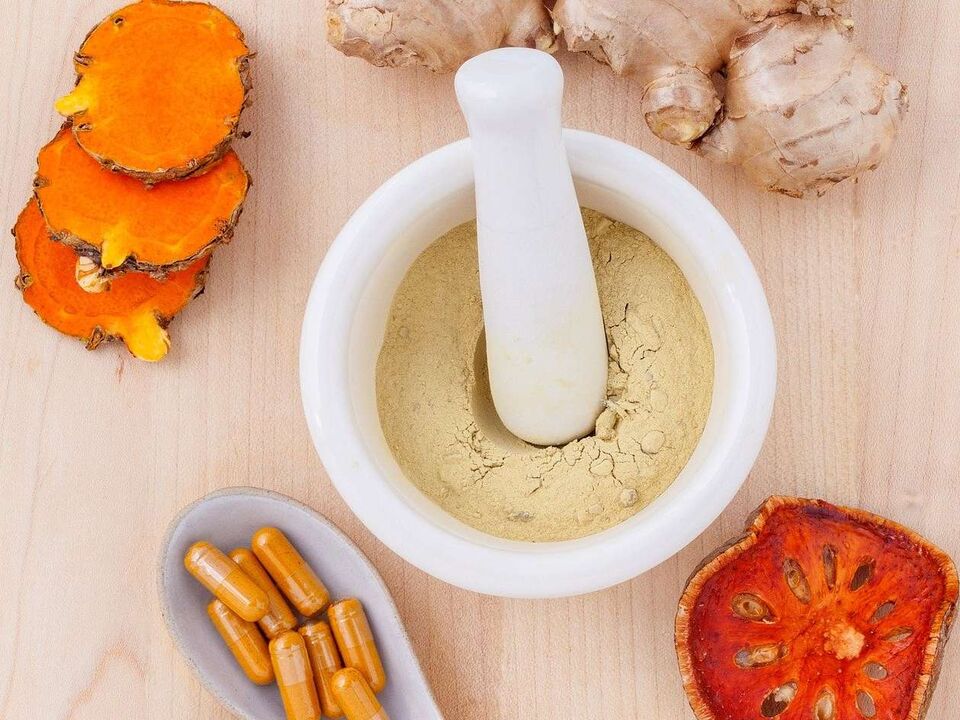
Herbal substances are used in the treatment of acute and chronic prostatitis. Because the symptoms of chronic prostatitis are intermittent, frequent antibiotic use can adversely affect the entire body. Therefore, the natural treatment of chronic prostatitis is the best choice.
other drugs to treat the prostate
In the complex treatment of the prostate, other drugs are also used. If prostatitis is viral in nature, doctors will prescribe antiviral drugs. Often, these drugs complement complex treatments. Antiviral drugs can adversely affect any virus and have immunomodulatory effects.
A new drug for the treatment of prostatic inflammation is a drug belonging to the class of bioregulatory peptides. The action of the drug is designed to stimulate the independent regeneration of the prostate. In addition, under the influence of the drug, the body itself begins to regulate metabolic processes in the tissues and cells of the prostate. Therefore, no rapid resolution of inflammation, relief of pain was observed.
In the case of bacterial prostatitis, anti-androgens help to eliminate the inflammatory process. You can use alpha-blockers to lower pressure on the urethra and get rid of prostate and bladder spasms. These drugs increase urination and normalize blood flow to the pelvic organs. This is very important if a person begins to complain of potency impairment due to prostatitis.
As you can see, there are many medications available to treat the prostate. It is very important to catch problems early. Any drug that eliminates the inflammatory process of the prostate can only be prescribed by a doctor after a thorough examination of the patient. A complex treatment will permanently get rid of the signs of prostatitis.



























